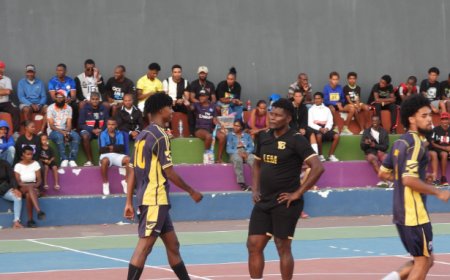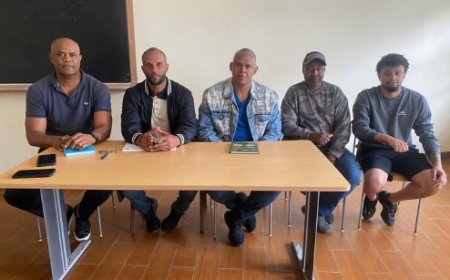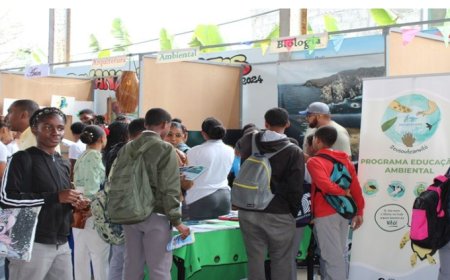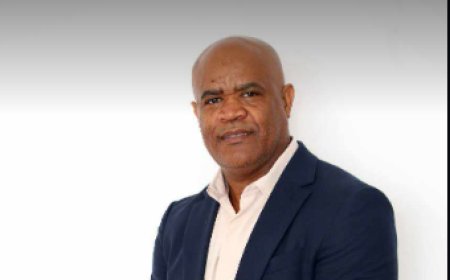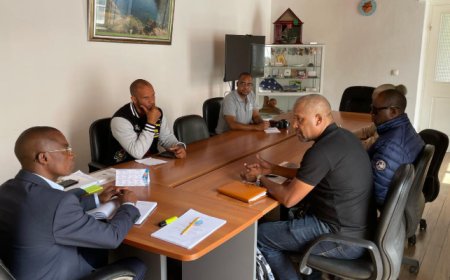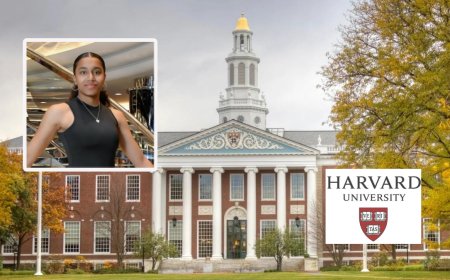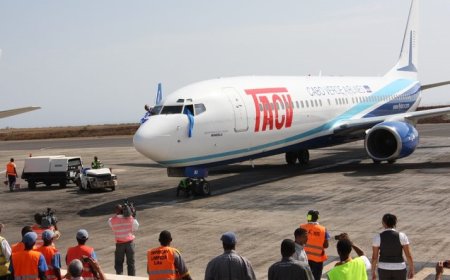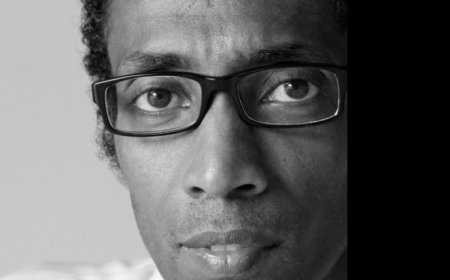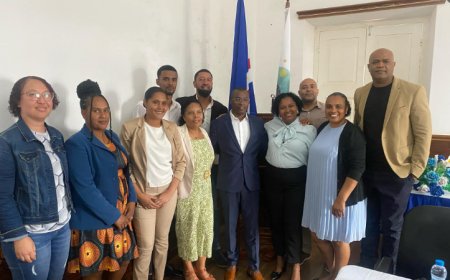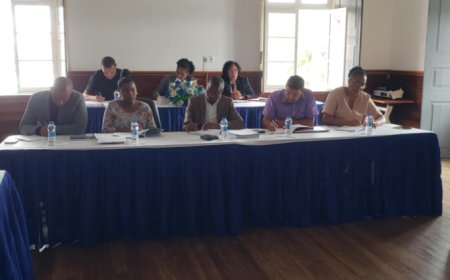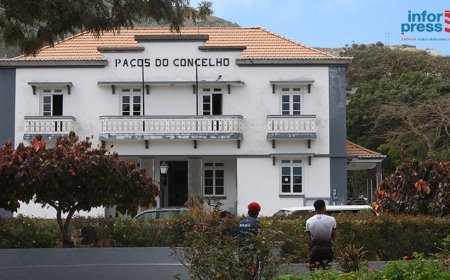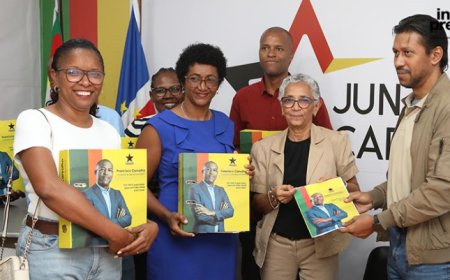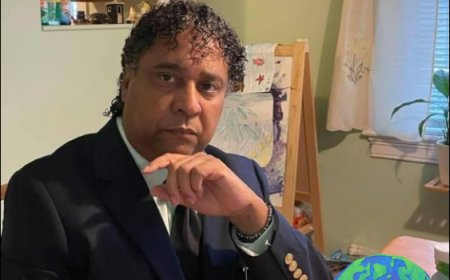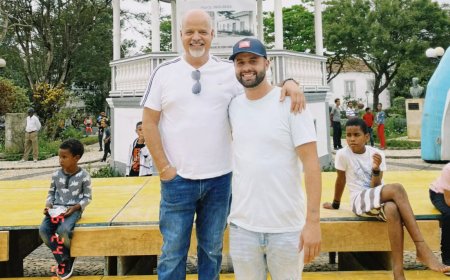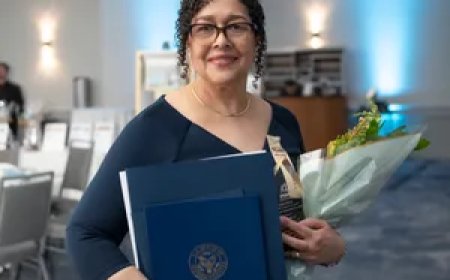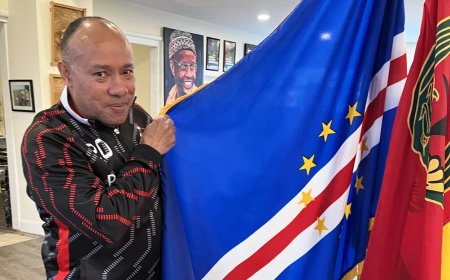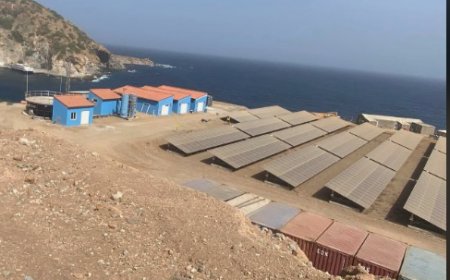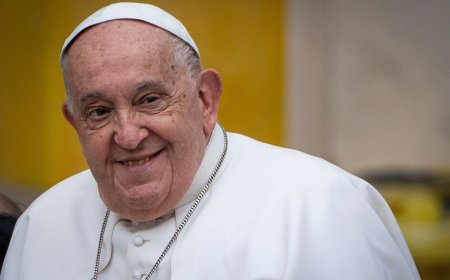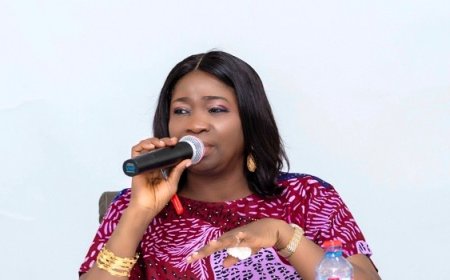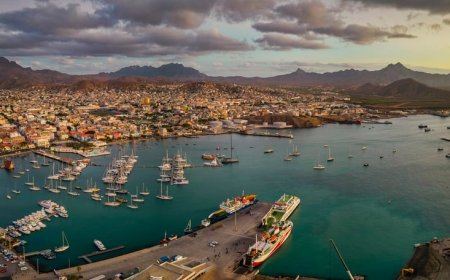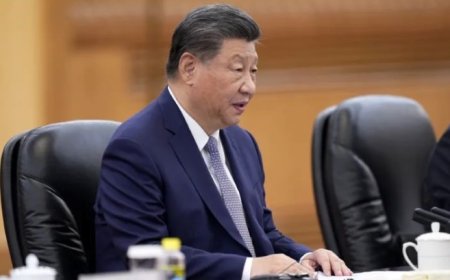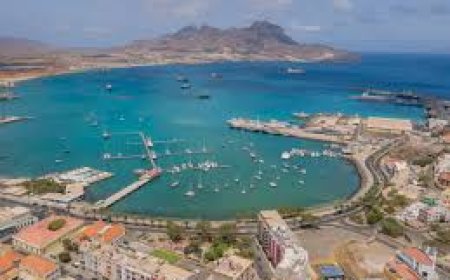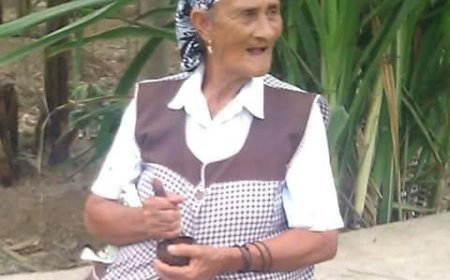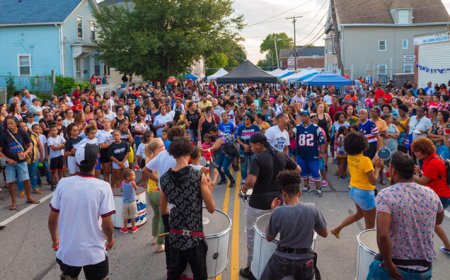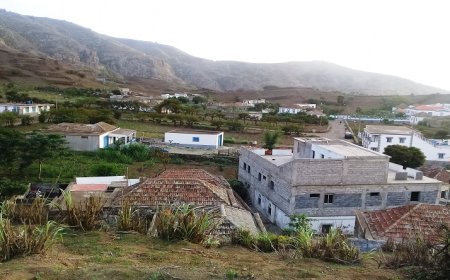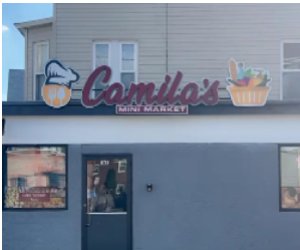VISITING CAPE VERDE ON A BANGLADESHI PASSPORT: A TRANSATLANTIC TRAVEL NIGHTMARE FOR THE THIRD WORLD CITIZEN.
If you are keen to find out whether or not you can visit Cape Verde on a Bangladeshi passport – the answer you will find online and on the country’s website is that you can do so by buying a e visa online and paying the airport tax and supplying the information for your travels such as reservations and ticket out of the country. However, if you want to know about these rules in practice: I will tell you this – don’t go there, it is no country for the third world citizen.
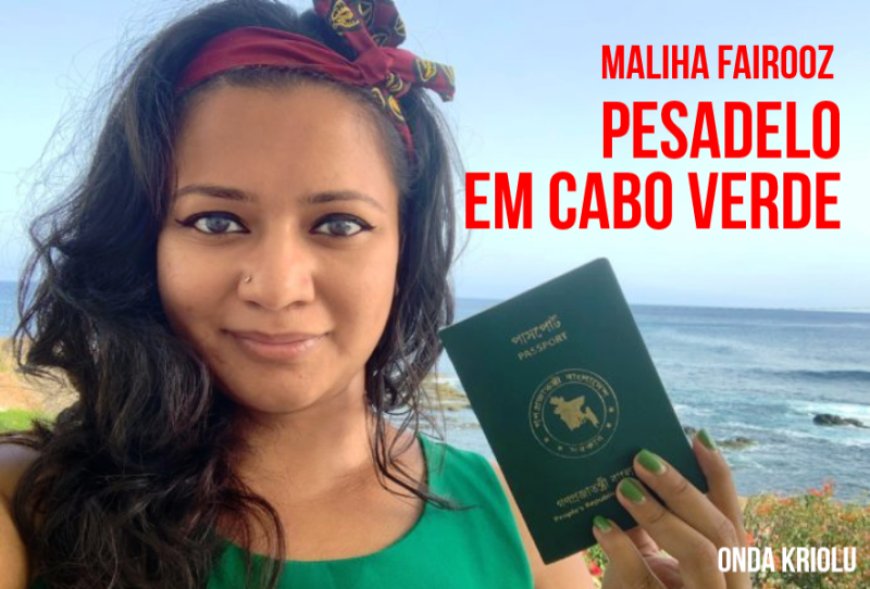
If you are keen to find out whether or not you can visit Cape Verde on a Bangladeshi passport – the answer you will find online and on the country’s website is that you can do so by buying a e visa online and paying the airport tax and supplying the information for your travels such as reservations and ticket out of the country. However, if you want to know about these rules in practice: I will tell you this – don’t go there, it is no country for the third world citizen.
If you’ve read my travel blog so far, you might already know that I love to travel to pretty much any where and everywhere. And as a Muslim woman of colour travelling the world on a Bangladeshi passport, you can also imagine that I face my fair share of trouble. This includes being deported from Macedonia, being subjected to brutal levels of racism which manifested in physical violence in Hungary, being interrogated in Georgia, Serbia, Italy and countless other generally white countries in Europe. But this was the first time in my life, I have been subjected to horrible treatment by immigration in West Africa- and frankly I am stunned.
Allow me to explain, West Africa is renown for its hospitality. Every country i have been to within the ECOWAS (Economic Community of West African States), has welcomed me with open arms in the region which is a characteristic particular to the region. Making my way from Sierra Leone, I travelled to Gambia for a few days and then off to Senegal for a week before getting to Cape Verde. My plan was to be in the country for 4 days and then head to Germany via Portugal from here for a wedding. I paid online for a Visa and the Airport tax for Cape Verde 2 days before arrival and stood in the queue for immigration with my yellow fever card, passport, visa, reservations for staying in two different hotels and flight out of the country.
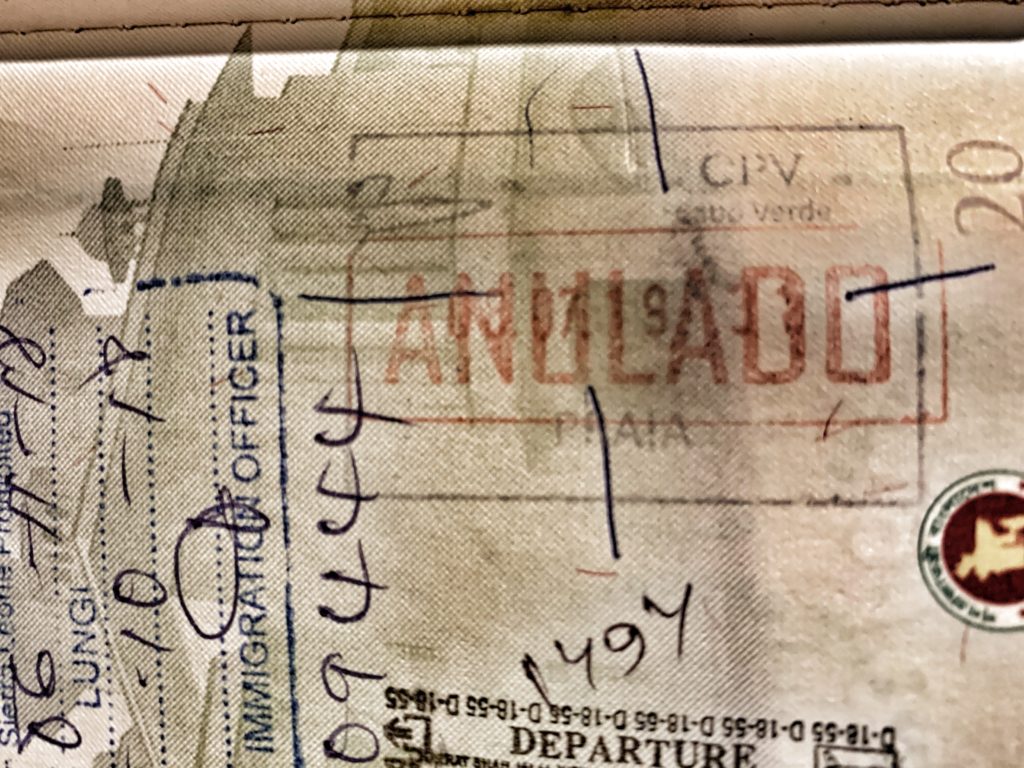
Within two minutes of being the queue, two immigration officers arrived by our sides, looked at the passports of several people including mine, and took inside 3 people, this included two Liberians and myself. The man who was looking through my Bangladeshi passport, looked through every page of it, every time i asked him what the problem was – he said its just security protocol. However, he was not the person calling the shots, his boss was. His boss – lets call her Zala arrived and began to ask me questions, I handed her all the paperwork she asked for, she asked me my purpose for coming to Cape Verde and I said tourism. Zala disappeared for 15 minutes. She came back and asked me to collect my luggage, from a similar experience in Macedonia, I knew this meant they were going to deport me. I kept asking the woman what the problem is and she said: “I don’t have a problem, do you have a problem?” I am not sure what that was supposed to mean. But from the offset, it was abundantly clear that Zala was in no mood to understand any logic. I texted my parents the whole ordeal of what was happening in the hope they could perhaps do something but due to the time difference, they were asleep. So we waited, seeking clarification for what was happening and Zala told us around midnight that we were all going to be sent back to Senegal, i pleaded with her to let me go to Europe instead for which i had all the documentation for already and since I only had a single entry visa to Senegal and would be stranded, her answer was: “That is not my problem, that is your problem and the problem of the airline that brought you here.”
Around this time, a Nigerian man and a Malian man arrived, having just landed from the Air Maroc flight. At this point i began to see a pattern- they were only detaining solo travellers of colour. In the same flight with me, there were white solo travellers, but none of them were of course detained – it was the third world citizens- those without representation or power in the country or the world in general. Zala, a woman of colour herself, was perpetuating a cycle of racism that she herself had internalised. It was at that moment, that i realised how people of colour can often be socialised into becoming torch bearers of white supremacy and racism. Zala detained us without clarity on why they were deporting us, when we asked her, she told the men that it was due to their lack of paperwork – mind you ECOWAS citizens by law have free movement of upto 90 days. I asked Zala what was the reason for my deportation since i had provided all my paperwork which included my hotel reservations and flight out, she yelled at me “How long are you coming to Cape Verde for? 4 days? Thats abnormal! You can’t stay in Cape Verde!” The last sentence was echoed to me several times in the 17 hours i was detained for.
Sometime around 3 am, they separated us from our things, this included everything except for our wallets and locked us in a corridor with two rooms, the men’s room was locked for my safety and the door to my room was open with the door of the tiny corridor locked. We were locked into a part of the airport away from everyone else. These doors had no handle from the inside or anyway of opening them, there was no source of natural light and no toilet paper in the toilets. The rooms were clean and had bunk beds for us to sleep in – i slept at a bottom bunk. The four walls that surrounded the room were littered with messages from previous detainees and read “Cape Verdeans will not be happy in this land.” “Cape Verdeans will suffer in this land” “This is no country for black people.” and several other harrowing messages in several different languages depicting the emotions of the people who were locked in the rooms. They gave us a small amount of water and locked us in from outside saying they will be back around 10 am the next day with breakfast. In the men’s room there was a Claustrophobic Nigerian guy who would periodically (Lets say once every hour) bang against his door extremely loudly. So every time i managed to fall asleep he would be banging against the door waking me up in cold sweat. No matter how many times i would ask him to stop he continued banging against the door – at several points during the night, i thought he would manage to break the door down and really feared for my safety if he did. When they eventually opened the door at around 9:30 am, i pleaded with the guards to let me stay outside because i feared for my safety in there, but of course this fell into deaf ears. They gave us food and no matter how many times i asked them what was in it, i got no answer. I explained i don’t eat meat but that did not matter to them. I pleaded once again to the new immigration officers about my case, showing them my work permit for Sierra Leone, passports, visas, ID Card for my job with GOAL in sierra leone and the answer from the new immigration officer was “I cant do anything, my boss decided not to let you in, but i don’t know why.”
I had 10 minutes to check my phone and realised that my mom had received all the messages. A little back story: My mother works as the Deputy Representative of UNICEF in Sudan, so i asked her if she knew anyone at the UN in Cape Verde who could find out what was happening to my case. In the 6 hours i went missing, my mother had managed to get in touch with the UN in the regional office – Dakar and through them gotten in touch with the UN at Cape Verde. She said, she had been in touch, they will try and see what is happening. With no idea whether or not I would be able to perhaps catch my flight to Germany and leave this god forsaken country, my 10 minutes was up and we were locked back in and would not be allowed out till 3:45 pm.
I sat in the dark room, and i prayed. I prayed to a god and all the gods. I meditated, reflected and thought of how much better I had it than the millions of fleeing their homes in search of safety. I sat down and I prayed for the millions of people from the middle east, africa, central america, rohingyas who are subjected to the most brutal conditions in border cells. People who have no connections, no power, no authority, no way privilege and nothing but the clothes on their back. People who were not on holiday but were fleeing death and I felt a deep sadness within me. We as human beings have failed. We have failed the millions of children on the move who seek safety, unaccompanied, crossing harrowing oceans, only to be killed in the custody of “the greatest country in the world” or wash up in beaches. We have fundamentally failed humanity and have become so consumed in our self centric, xenophobic, racist, exclusionary ways that we fail to humanise those that are different from us.
I tried to knock on the door a few times to be able to use the toilet, but they don’t respond to our pleas. They opened the door again at around 3:45 to give us lunch and at that point the first thing i asked was how long it would be till i would be sent back to Senegal – only to be told, for the first time – “You will stay here in Cape Verde. You wont be sent back.” I panicked thinking they were going to detain me further. So I asked, “In here as in, in the airport or in the country?” The man explained in broken in english that someone had called and there were people at the airport waiting to pick me up. I rushed to my phone to find out that the entire situation had been escalated up to the level of the foreign ministry in Cape Verde and it was then that i realised the ultimate level of my privilege. My mother, like any mother would, had mobilised the entire regional office of UNICEF in Dakar and the UN in Cape Verde to figure out what is going on and only then did the Cape Verdian immigration for the first time decide to see my case for it’s facts and not on the basis of racially profiling a Bangladeshi solo traveller. The people who handled my case in the airport provided inaccurate information as an excuse for my detention- citing that i was transiting the country, did not have the permission to travel to Europe, nor had enough funds or reservations to sustain myself. None of which were true.
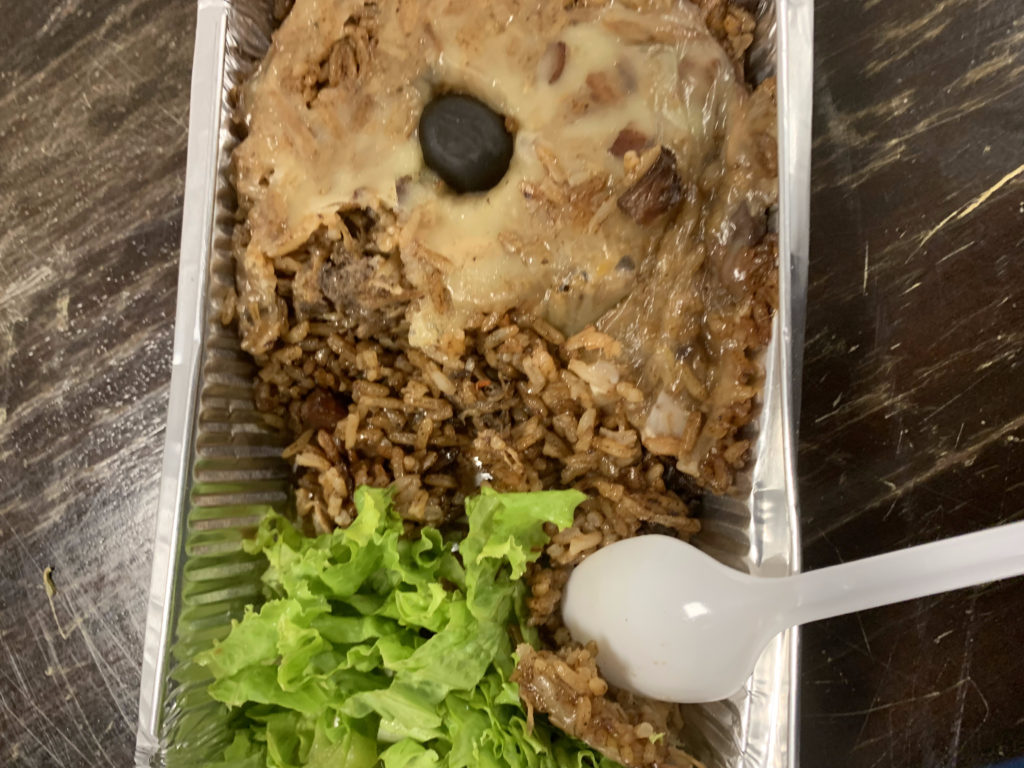
Eventually after 2 more hours in custody, I was allowed to enter this country once the immigration there realised they had completely and utterly messed up. I entered the country for a whole 2 days to catch up on some sleep and buy a ticket out of the country as soon as possible. I saw very little of the country as it somewhat spiralled me into a state of trauma whereby i was both half exploring the country’s history, culture and living in a state of constant anxiety from the harassment I anticipated. You see, what i found out after a car accident in Lesotho in 2014 is that psychological trauma from an event that is perceived to be life-threatening or to pose the potential of serious bodily injury to self can often be accompanied by intense fear, horror, and helplessness. This in turn can lead to the development of post-traumatic stress disorder (PTSD). The signs and symptoms of PTSD, often reflect a persistent, abnormal adaptation of neurobiological systems to the stress of the trauma experienced/witnessed. Researchers have observed patterns of the trauma that people with PTSD experience, they are as follows: (i) reminders of the exposure (including flashbacks, intrusive thoughts, nightmares); (ii) activation (including hyperarousal, insomnia, agitation, irritability, impulsivity and anger); and (iii) deactivation (including numbing, avoidance, withdrawal, confusion, derealisation, dissociation, and depression). I had stages, in which I experienced all three of these categories of emotions. I had to take sleeping medication for 10 days following the incident to be able to sleep because every time I fell asleep I could hear the sound of the guy banging against the door so loud that I would wake up fearing he would break it down.
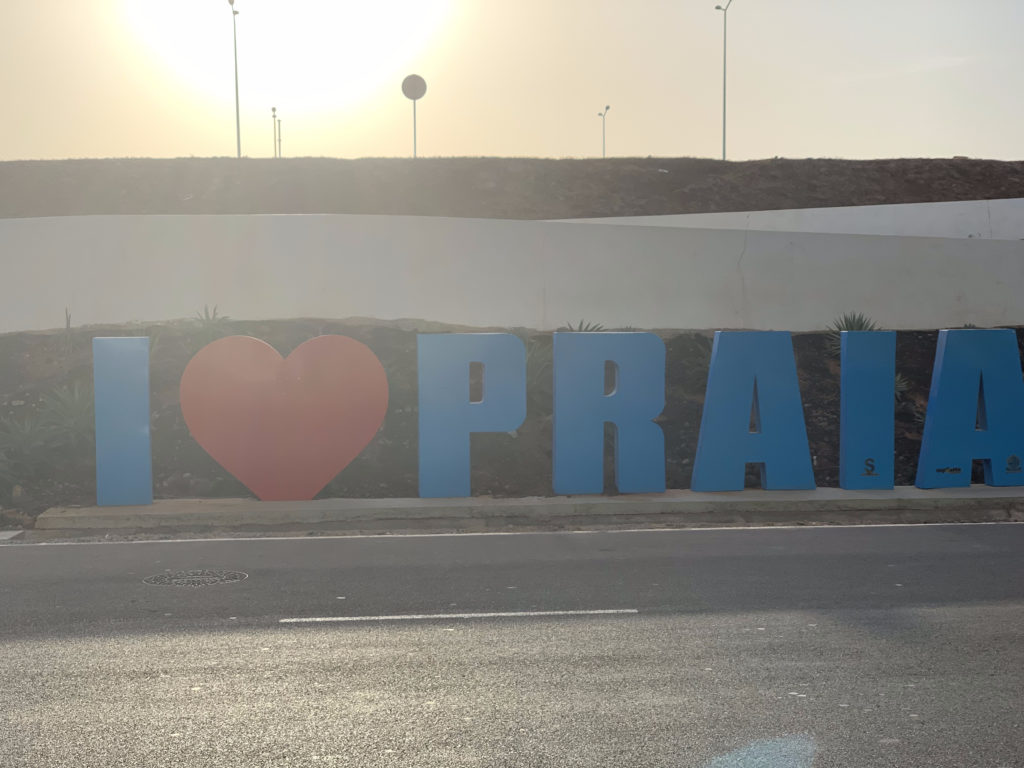
Praia Airport, Cape Verde
The thing about traveling with a Bangladeshi passport is that you will be harassed. And this harassment has less to do with you and more to do with people stereotyping you. And 86 countries later, i have internalised this. But the thing with PTSD is that it does not disappear. I have extreme bouts of anxiety everytime i go to a new country which states that it gives visa on arrival to Bangladeshis. I have anxiety even if i have a proper visa because I have been subjected to undue questioning and harassment even with everything in place and that is the bane of my brown, muslim, bangladeshi existence – people cannot seem to take me out of the box that they have placed me in. I know it seems like I have the time of my life traveling, and trust me i do, but with it also comes anxiety and worry, and doubt, and actual fear for my life. I fear so very often i will be subjected to racist rants on the street (It has happened in Germany in 2015) or to border guards harassing me because i did not know anyone in the country (Serbia 2016) or being told to go back to Syria (some idiot in hungary thought i was syrian?). This is the life of a bangladeshi traveller.
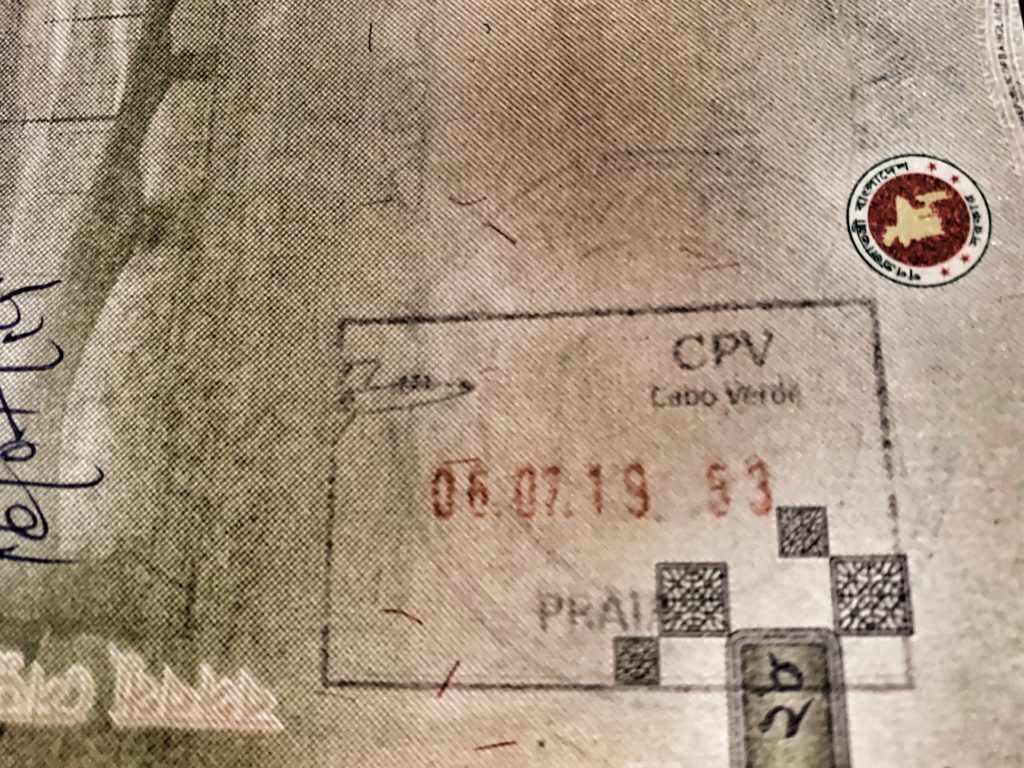
stamp to enter Cape Verde
I am writing this post fully aware of my privilege. I know i went to the island as a tourist and I was not escaping wars, i was not compelled in anyway to go there and I also know how much worse people fleeing their lives have it. I am aware of the fact that if i had all but one of my privileges, i would have still been deported. But I also think, it is essential to highlight the differential experiences of women of colour traveling to white women travelling. I think its also important to talk about how much more prejudice and racial profiling i experience because of the country of my birth and how often I have been reduced to a simple statistic. At that moment, it did not matter to Zala that I had visited 85 countries, or that I had studied in 5 European University had 3 degrees, how much money i have in my bank account, or that I work at a humanitarian NGO or how ‘well spoken’ I may appear to be. To Zala- I was a statistic. To her- I was a Bangladeshi woman out to do something Illegal in her country, even if that thought is wholly baseless. I realised at that moment how very insignificant all my achievements were to someone who was set on profiling me. That is the problem with profiling, with mass generalisation of a race, religion or nationality. People always claim they are speaking of a “certain kind of immigrant” they don’t want in their country or a “certain type of muslim” that are too extreme but in the process end up painting all immigrants, all people of colour and all muslims or other religions in the same light. That is the problem with racial profiling, ultimately, whether you profile one person or 10, you are profiling one too many. The only real way to go through the world without perpetuating these harmful stereotypes is to actually break them in your everyday life and force ourselves to think outside the conditioning of the media and your environment and see people as human beings. We all play a role in this and while not all of us are as violent in our execution of our prejudices as Zala was, but just as we contribute to these prejudices, we also have the power to break them and contribute to a fairer world.
“scream
so that one day
a hundred years from now
another sister will not have to
dry her tears wondering where
in history she lost her voice.” – Jasmin Kaur. And scream I will, to pave the way for those solo women of colour who are aching to see a world the same way as i do. A world that has so very much convinced them that it’s not their’s to seize.
